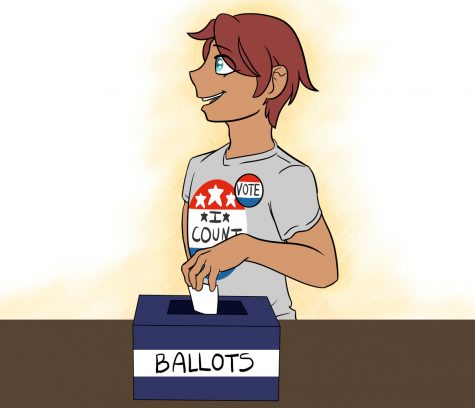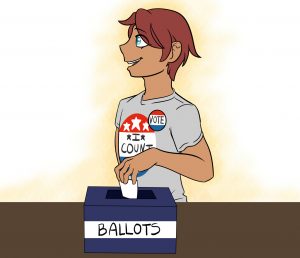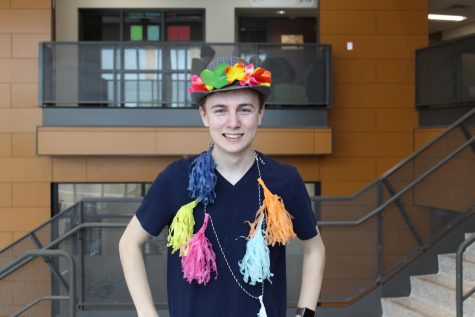The voting age should be kept at eighteen
March 9, 2019
With the rapid spread of information possible due to the internet, people all around the world are given easier access to news than ever before. The intense widespread scrutinization possible due to the availability of online media has led to a rise in political involvement by all age groups, including young children and teenagers. At incredibly young ages, kids can advocate politically and share their opinions in an attempt to make their voices heard. The culture of outspoken and politically active teens has led some to believe that teens should be allowed to formally vote on these topics at the age of 16 rather than 18. However, lowering the voting age creates its own issues and could lead to an unstable, unprepared, and uninvolved voting populous in America.
While some kids under 18 in the United States are politically active, they are usually financially dependent on older guardians and do not pay for their own wants and necessities. Gallup, a company that conducts nationwide surveys every year to a variety of demographics, found that 71% of teens interviewed said their political views were pretty much the same as their parent’s views. Additionally, with younger and less mature children, these votes can be easily influenced by other opinions in the family household rather than the teen’s true opinions and feelings. This doesn’t allow teens to express their opinion by having the ability to vote but rather acts as a way for others to express their opinions more than once.
Some argue that teens actively participate in society by getting driver’s licenses and entering the workforce with part-time jobs. Because they are beginning to do adult activities like working and driving, there is an argument that they should also begin to do other important tasks usually reserved for mature adults, including voting. However, rates for both teen participation in the workforce and teen driver’s licenses have plummeted in recent years, with the percentage of 16 and 17-year-olds with licenses dropping from 47% to 24% since 1983 and the percentage of teens between ages 16-19 currently employed dropping from 57% to 33% since 1989. This data, provided by the U.S Bureau of Labor Statistics and a study by the University of Michigan Transportation Research Institute, implies that while some teens are certainly involved in adult affairs, the majority of 16 and 17 year olds simply are not active participants in enough debated political issues, such as topics relating to economics and transportation, to be allowed to make decisions for people that are involved.
A potential cause of this decline is the rising societal emphasis on high school and preparation for post-secondary education. Students spend more time on their schoolwork and, as a result, have less free time to spend on getting driver’s licenses or getting part-time jobs. This is supported by the fact that the decline of teen licenses and teens in the workforce is inversely proportional to the number of students in America attending some form of post-secondary education after high school, according to the US Department of Education. Students spend more time preparing for college than they do working or getting driver’s licenses, further distancing them from topics that are commonly voted on.
Historically, the changing of the voting age has only occurred when an age group felt underrepresented politically despite major social contributions. Last time the voting age was changed in the United States, it was because 18-year-olds were allowed to enlist in the military and fight for their country, but they weren’t allowed to make any political decisions after returning home. This led to a massive campaign to lower the voting age to accommodate the soldiers returning from Vietnam, which was made into law in 1971 and officially lowered the voting age from 21 to 18.
This raises questions about lowering the age once again; what has changed for 16-year-olds since the 1970s? How would a 16-year-old accurately make decisions on a national scale on topics they are legally not allowed to participate in, such as joining the military? Lowering the voting age, while beneficial to particularly active teens, opens up questions about whether someone should be allowed to vote about topics they aren’t legally allowed to participate in. Teens can be politically active in other ways and there is no need to lower the age in order to have their voices heard.



